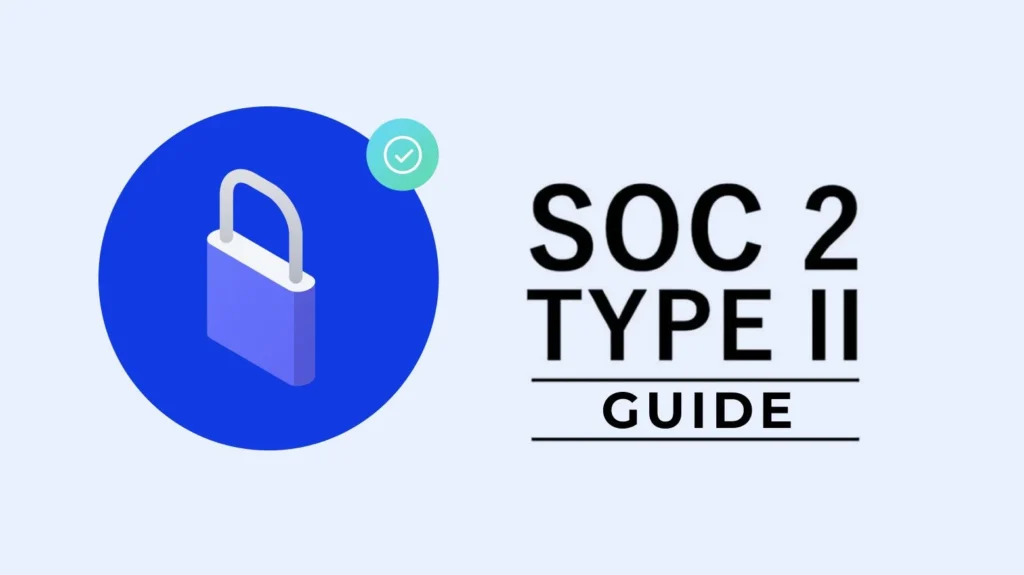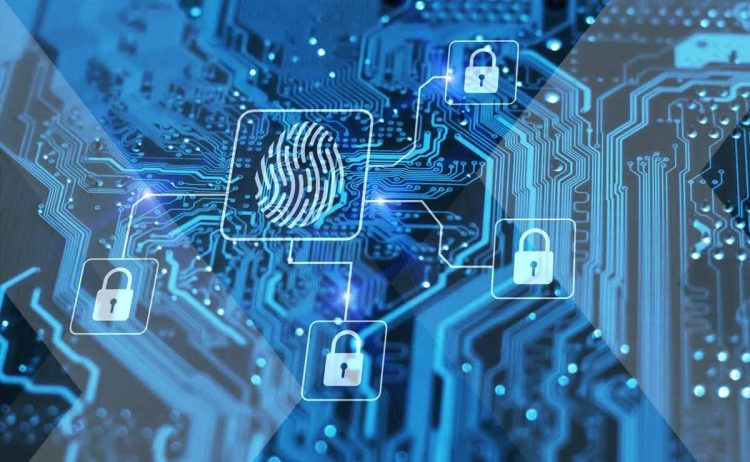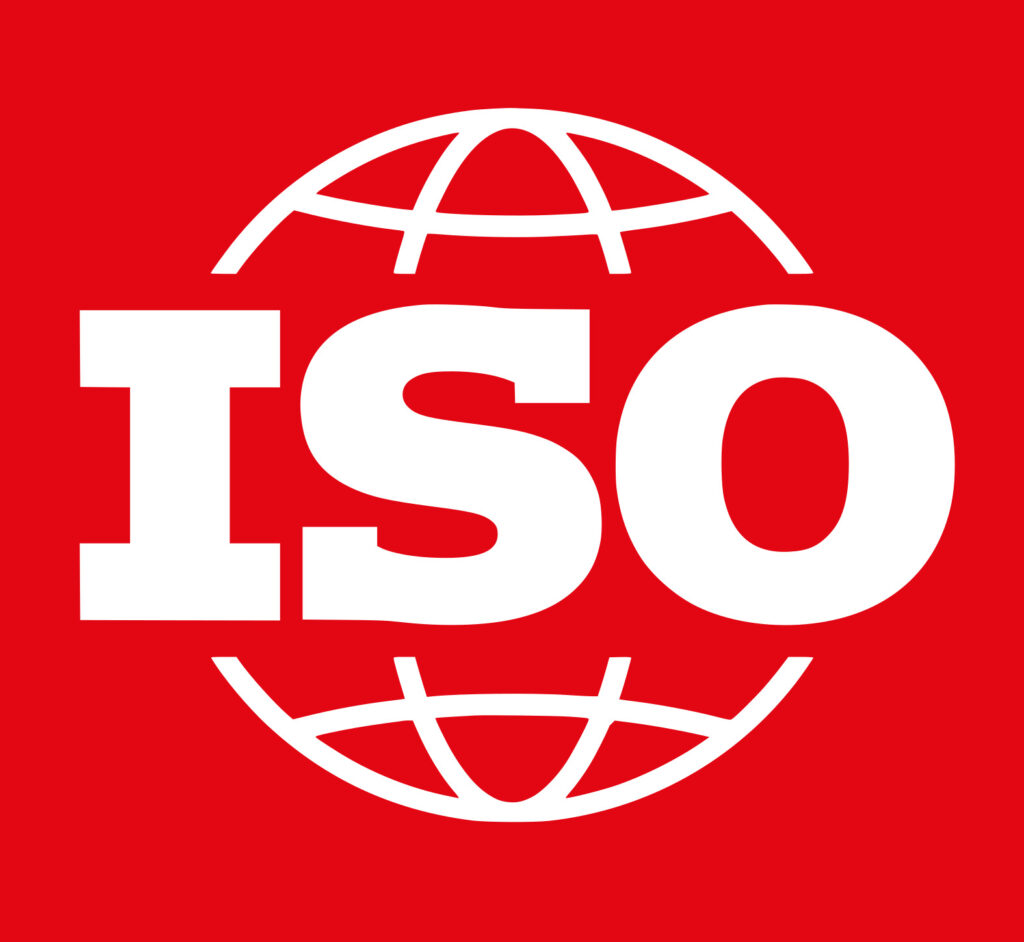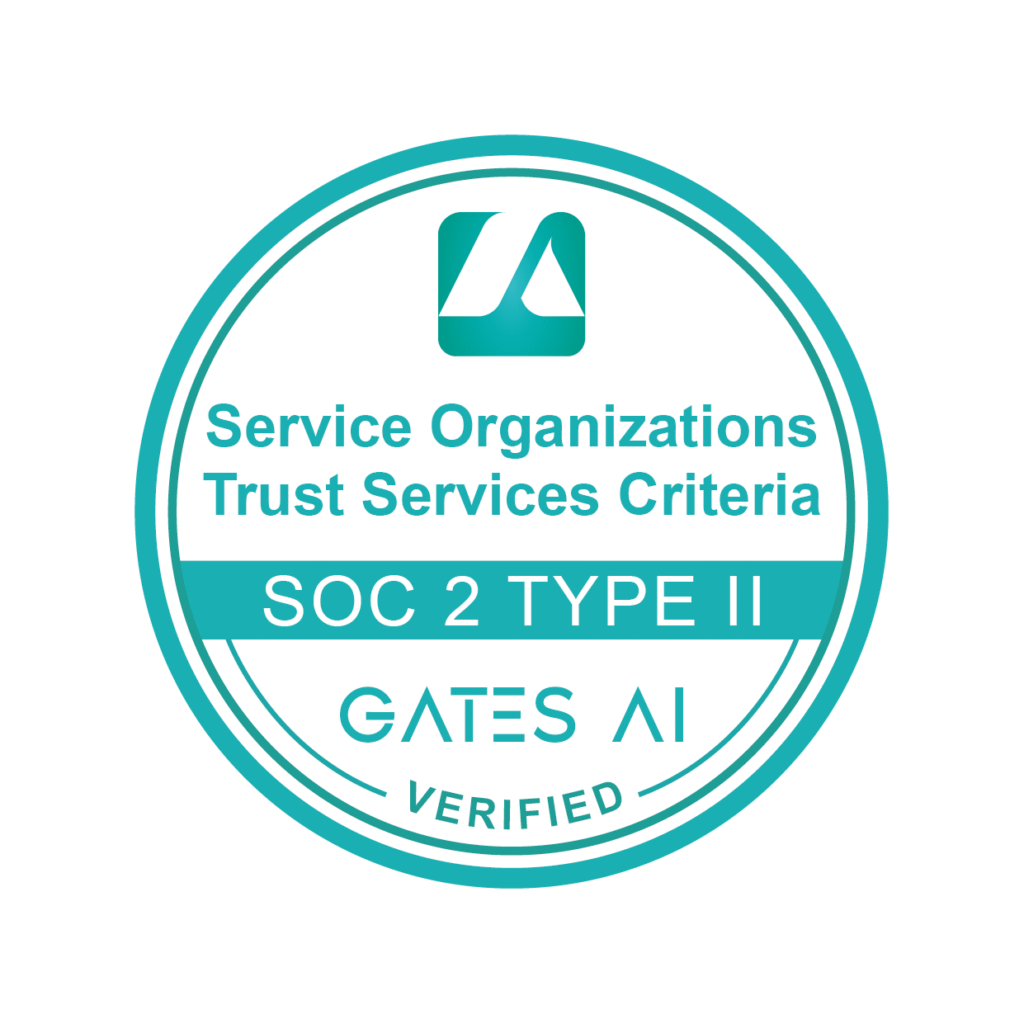SOC 2 Type II
Service Organization Controls 2

- Our Expertise
What is SOC2?
Developed by the American Institute of CPAs (AICPA), SOC 2 defines criteria for managing customer data based on five “trust service principles”—security, availability, processing integrity, confidentiality and privacy.
Why is SOC 2 Type II important?


Benefits
- Protecting systems and data from unauthorized access, use, disclosure, disruption, modification, or destruction.
- Guaranteeing that system processing is complete, accurate, timely, and authorized.
- Ensuring systems and information are readily available for authorized use when needed.
- Protecting information from unauthorized access, use, disclosure, or dissemination.
What’s Covered
Enhanced Trust and Credibility
Demonstrates a strong commitment to security and compliance, building trust with customers, partners, investors, and regulatory bodies.
Improved Operational Efficiency
Streamlines security processes, identifies and addresses weaknesses, and optimizes resource allocation.
Competitive Advantage
Stands out from competitors and attracts new business opportunities by positioning the organization as a leader in security best practices.
Regulatory Compliance
Helps meet various industry standards and regulations, reducing the risk of fines, penalties, and legal challenges.
What’s IEC & ISO

American Institute of Certified Public Accountants
The American Institute of Certified Public Accountants (AICPA) is the national professional organization for Certified Public Accountants (CPAs) in the United States.

International Organization for Standardization
ISO is an independent, non-governmental international organization. It brings global experts together to agree on the best ways of doing things.
Our Decal

Our Certificate

The Connection Between SOC 2 and Other Cybersecurity Standards
SOC 2 is not a standalone standard. It can be complementary to other cybersecurity standards such as ISO/IEC 27001, HiTrust, HIPAA, PCI DSS, and GDPR. Each standard has its own focus and requirements, but they all share a common goal of improving information security.
- Frequently Asked Questions
Got Questions? We’ve Got Answers.
What is SOC 2 Type II?
External auditors conduct a rigorous review of a service organization’s controls, evaluating whether there are effectively designed and implemented controls—or safeguards—in place to protect the security, confidentiality, and availability of information stored and processed in that technical environment.
What is the difference between a SOC 2 Type I and SOC 2 Type II report?
A SOC 2 Type I is a report of the organization’s readiness to meet SOC 2 Type II controls and is a point in time audit and does not provide a review of the controls over time.
Who does SOC 2 apply to?
Any company that stores, processes, or transmits customer data can benefit from SOC 2 compliance. This often includes SaaS and cloud companies, but really it’s good practice for any business handling sensitive customer information.
Is SOC 2 compliance mandatory?
SOC 2 compliance isn’t required by law, but it’s often expected by customers, partners, and regulators in industries where data security is a big deal. It’s a great way to demonstrate that you’re serious about keeping customer data safe and secure.
What is SOC 1 vs SOC 2?
There are several types of SOC reports and auditing standards. SOC 1 and SOC 2 are both about keeping your data secure, but they focus on different things. SOC 1 checks how your financial data is handled, ensuring it’s accurate and trustworthy. SOC 2, on the other hand, looks at the bigger picture of how your data is managed, focusing on areas like privacy, security, and processing integrity.
Smarter Testing, Safer AI
Gates AI make Artificial Intelligence (AI) reliable, fair, and secure. Our expert team delivers rigorous testing, ethical audits, and compliance checks to ensure AI systems work flawlessly and responsibly. From data validation to post-deployment monitoring, we help organizations deploy AI with confidence and trust.
